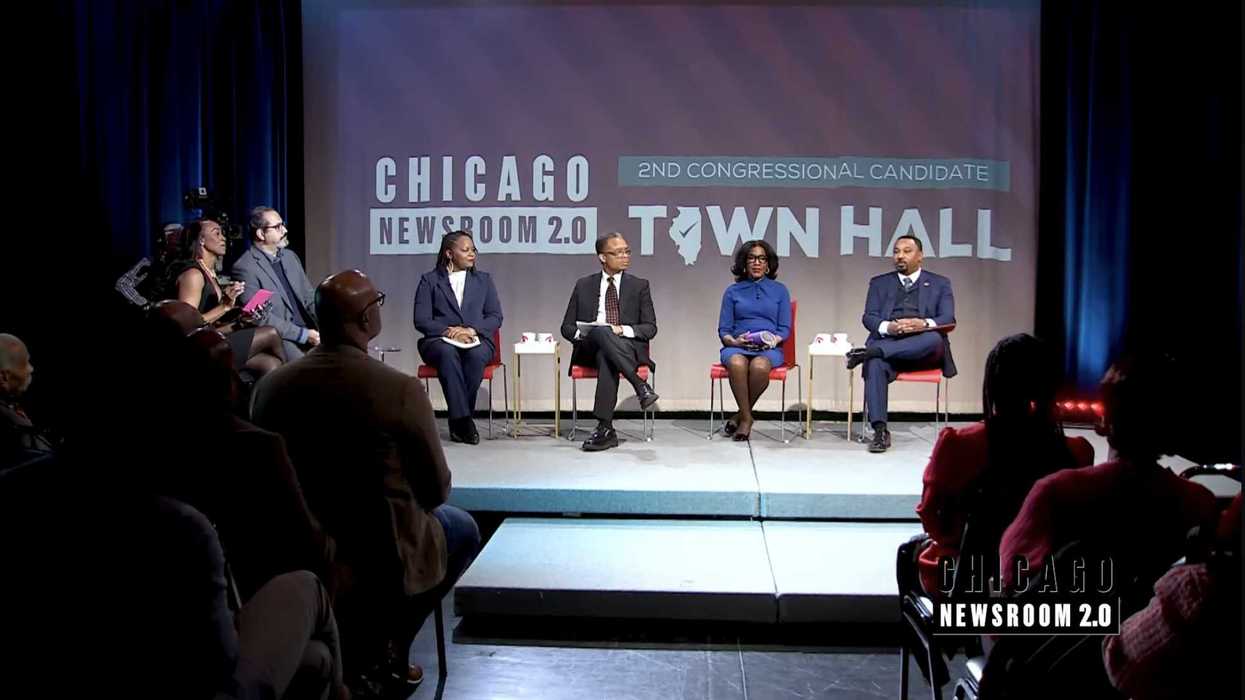The latest comment from Mr. Trump, minimizing domestic violence to “a little fight with the Wife,” completely dismisses that America is suffering from a public health crisis. According to the Council on Criminal Justice, “domestic violence was the only offense that rose by 3% during the first half of 2025” compared to the same months in 2024, amongst other violent offenses such as homicide and aggravated assault. Domestic violence is not a personal matter; it is a community issue.
America continues to see an increase in domestic violence because we do not focus on protective factors such as economic security.
Financial abuse is experienced by 99% of domestic violence victims, often making these victims financially dependent on their abusers, making it all the more difficult to flee. The prevalence of financial abuse is rooted in coercive control. It is a pattern of domination and entrapment that goes beyond physical harm. It strips victims of their autonomy and creates dependency. These abuses have long-term consequences that often lead to housing insecurity or homelessness.
In my state, California, the legislature made some progress when they passed SB 975 (effective July 1st) to allow survivors to contest coerced debt in court and hold abusers accountable.
Employers can economically empower victims before it is too late.
Many workplaces' federal laws indirectly apply to victims of domestic violence, such as FMLA or OSHA, for time off or safety concerns. Some states, such as California, New York, or Illinois, have more extensive and specific protections for victims.
Beyond these legal protections imposed on employers, what’s in it for them?
Nowadays, people are seeking a workplace whose values align with their own. Companies’ cultures are changing and leaning towards becoming a more supportive environment because they understand that it boosts productivity.
As a domestic violence advocate, my previous employers asked me to assist another coworker who was fleeing. Needless to say, the immense support from the agency and other team members made this person feel safer and supported. Mutual respect and reciprocity start to be the norm.
During the January 2025 wildfire that took Los Angeles by surprise, we saw how the “unsung heroes”-mainly community members - came together to support those in need.
If that is not enough to appeal to people’s hearts, here is a more logical benefit for employers.
The Society for Human Resource Management reported in 2017 that the cost to hire and train a replacement for an employee earning $60,000 is between $30,000 and $45,000. When an employee is supported during a time of crisis, they are more likely to remain loyal and dedicated to their employer. A culture of trust will improve morale and increase employee retention.
As domestic violence expert Dr. Kader Gumus explains, “These supportive environments help survivors manage their trauma and stress, contributing to their overall well-being and ability to function effectively at work.”
In the long term, this symbiotic partnership can result in a mutually beneficial situation. It widens the safety net when people are in crisis, and it enables a more robust workforce.
Employers have the power to change lives. They are not bystanders; they are key players on the front line of prevention. When they choose to stand with survivors, they help rewrite futures, not just for individuals, but for families and communities. It’s time we recognize that the fight to end domestic violence doesn’t stop at the shelter door or the courthouse steps. It extends to every boardroom, breakroom, and workplace across the country. When employers act, survivors thrive.
Stephanie Whack is a survivor of domestic violence, an advocate at the intersection of victimization and homelessness, and a member of The OpEd Project Public Voices Fellowship on Domestic Violence and Economic Security. In 2024, she was awarded the LA City Dr. Marjorie Braude Award for innovative collaboration in serving victims of domestic violence.






















 Mayor Ravi Bhalla. Photo courtesy of the City of Hoboken
Mayor Ravi Bhalla. Photo courtesy of the City of Hoboken Washington Street rain garden. Photo courtesy of the City of Hoboken
Washington Street rain garden. Photo courtesy of the City of Hoboken